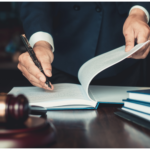As a Legal Malpractice & Professional Responsibility Lawyer, staying abreast of recent court decisions is crucial for providing informed counsel to clients. The case of Michael Koumjian v. Mudd Law Offices P.C. offers valuable insights into the complexities of legal malpractice claims and underscores the importance of expert testimony in establishing the standard of care.
Background
In this case, Michael Koumjian brought suit against his former attorney, Charles Lee Mudd Jr., and Mudd Law Offices P.C., alleging legal malpractice. Koumjian claimed that Mudd’s representation following his termination from Express Jet was negligent. Specifically, Koumjian alleged that Mudd discouraged him from pursuing a wrongful termination claim and instead recommended pursuing a defamation complaint against Express Jet. However, Mudd failed to file any complaint within the statute of limitations, leaving Koumjian without recourse.
Legal Standard
Under Illinois law, legal malpractice claims require the plaintiff to establish four elements:
- an attorney-client relationship establishing a duty,
- a negligent act constituting a breach of that duty,
- proximate cause, and
- damages.
Expert testimony is typically required to establish the standard of care in legal malpractice cases, except in situations where negligence is evident to a layperson, known as the “common knowledge” rule.
Analysis
The court granted Mudd Law Offices’ motion for reconsideration, emphasizing the need for expert testimony to establish the standard of care. While Koumjian argued that the common knowledge exception should apply, the court held that expert testimony is necessary in cases involving complex legal issues such as wrongful termination and defamation claims. Without expert testimony, Koumjian’s malpractice claim lacked merit.
Implications for Legal Malpractice Lawyers
The Koumjian case highlights several key considerations:
- Expert Testimony
Expert witnesses play a crucial role in establishing the standard of care in legal malpractice cases. Attorneys must recognize when expert testimony is necessary and engage qualified experts to support their case.
2. Complex Legal Issues
Cases involving nuanced legal concepts, such as wrongful termination and defamation, often require expert analysis to determine negligence. Lawyers must be prepared to navigate these complexities and anticipate the need for expert testimony.
3. Statute of Limitations
Failing to comply with statutory deadlines can have dire consequences for clients and expose attorneys to malpractice claims. Diligent case management and adherence to deadlines are essential to avoiding potential liabilities.
4. Client Communication
Effective communication between attorneys and clients is essential for managing expectations and ensuring that clients understand their legal options. Lawyers should provide clear and accurate advice to clients, especially regarding the viability of potential claims.
The Koumjian v. Mudd Law Offices P.C. decision serves as a reminder of the importance of expert testimony in legal malpractice cases. By leveraging expert analysis and adhering to ethical standards, Legal Malpractice & Professional Responsibility Lawyers can effectively defend against malpractice claims and uphold the integrity of the legal profession. Staying informed about recent court decisions and emerging legal trends is essential for providing comprehensive representation to clients and mitigating professional risks.
Legal Disclaimer: The information on this blog is for general informational purposes only and does not constitute legal advice. It is based on current legal standards but does not create an attorney-client relationship. For advice specific to your situation, consult a qualified attorney.
The views expressed are those of the individual authors and do not reflect those of any affiliated organizations or a single Katz Law Firm lawyer or agent. The accuracy and applicability of the information may vary. The blog owner and authors assume no liability for actions taken based on this content. Always seek professional legal counsel before making any legal decisions.


















